Bo van De Graaf - Shinjuku (2024)
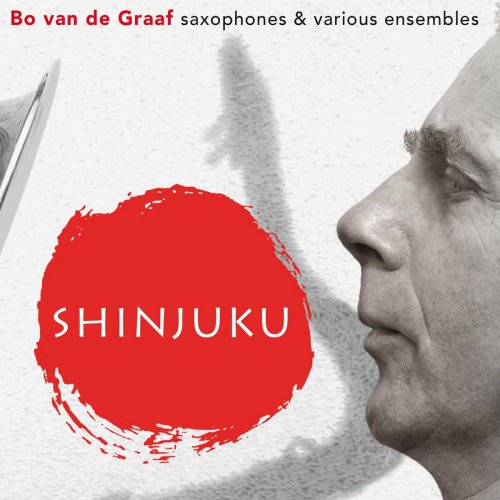
Artist: Bo van De Graaf
Title: Shinjuku
Year Of Release: 2024
Label: icdisc
Genre: Jazz
Quality: FLAC (tracks)
Total Time: 56:03 min
Total Size: 305 MB
WebSite: Album Preview
Tracklist:Title: Shinjuku
Year Of Release: 2024
Label: icdisc
Genre: Jazz
Quality: FLAC (tracks)
Total Time: 56:03 min
Total Size: 305 MB
WebSite: Album Preview
01. Shinjuku (Duo) 'Olanda in Due''
02. Shinjuku (Solo Altosax) 'Springtime
03. Shinjuku (Solo Tenorsax) 'Benny Golson'
04. Shinjuku (Solo Altosax) 'Sax & Bas
05. Shinjuku (Group) 'Ad Libido'
06. Shinjuku(Duo) 'Olanda in Due Italy'
07. Shinjuku ( Solo) 'Andre Popp'
08. Shinjuku (Group) 'Intense'
09. Shinjuku (Solo Tenorsax) 'Tender'
10. Shinjuku (Duo) Sax & Drums
11. Shinjuku (Solo Altosax) 'Ruhig'
12. Shinjuku (Duo) 'Sopranino & Arabs'
13. Shinjuku (Duo) 'The Sopranos'
Saxophonist and composer Bo van de Graaf is not well known outside Western Europe despite being one of the most interesting and creative figures in music. His Dutch ensemble, I Compani, has been active for almost forty years. Van De Graaf composes original scores based on classic films of Fellini, Bertolucci, Greta Garbo, and others. He fashioned a fascinating jazz opera based on Verdi's Aida (BV Haast Records, 2001), and a big band, Latin jazz tribute to food-themed multi-media. On his release, Off the Record: Eccentric Music for Audio Hunters (ICDisc, 2019) van de Graff featured pieces with twenty-five car horns, dual hurdy-gurdy players, and an improvised work directed by texted suggestions from audience members. If that all sounds like gimmickry, the finished product is not; van de Graaf produces serious if occasionally playful music. His semi-solo Shinjuku reveals the artist in frequently utilitarian settings and the results are powerful.
When van de Graaf switched from piano to saxophone many years back, the change was inspired by the playing of Archie Shepp, Gato Barbieri, and John Coltrane. The album's title is derived from the Tokyo theater where Coltrane played his first Japanese concert. In these sparse settings, van de Graff steps back from his substantial body of sonic collage with thirteen compact and compelling compositions. The saxophonist's stylish melodic lines on "Shinjuku #2 'Springtime'" (on alto saxophone) and "Shinjuku #3 'Benny Golson'" (tenor saxophone) are infused with dark atmospherics. More visceral is van de Graaff's solo sopranino saxophone piece "Shinjuku #7 'André Popp'" and the intense "Shinjuku #12 'Sopranino & Arabs'" with an uncredited ensemble of "Arab percussionists."
Shinjuku builds in intensity over approximately an hour. The album's single ensemble piece, "Shinjuku #8 'Intense'" is a bit of an outlier, feeling closer to van de Graaf's unconventional large group works; however, it is no less gripping. Van de Graaf's homage to his saxophone inspirations incorporates only a kernel of those influences in his unique approach. Shinjuku is soulful, urgent, and very satisfying; it is worth seeking out for fans of solo and duo saxophone performances.
When van de Graaf switched from piano to saxophone many years back, the change was inspired by the playing of Archie Shepp, Gato Barbieri, and John Coltrane. The album's title is derived from the Tokyo theater where Coltrane played his first Japanese concert. In these sparse settings, van de Graff steps back from his substantial body of sonic collage with thirteen compact and compelling compositions. The saxophonist's stylish melodic lines on "Shinjuku #2 'Springtime'" (on alto saxophone) and "Shinjuku #3 'Benny Golson'" (tenor saxophone) are infused with dark atmospherics. More visceral is van de Graaff's solo sopranino saxophone piece "Shinjuku #7 'André Popp'" and the intense "Shinjuku #12 'Sopranino & Arabs'" with an uncredited ensemble of "Arab percussionists."
Shinjuku builds in intensity over approximately an hour. The album's single ensemble piece, "Shinjuku #8 'Intense'" is a bit of an outlier, feeling closer to van de Graaf's unconventional large group works; however, it is no less gripping. Van de Graaf's homage to his saxophone inspirations incorporates only a kernel of those influences in his unique approach. Shinjuku is soulful, urgent, and very satisfying; it is worth seeking out for fans of solo and duo saxophone performances.
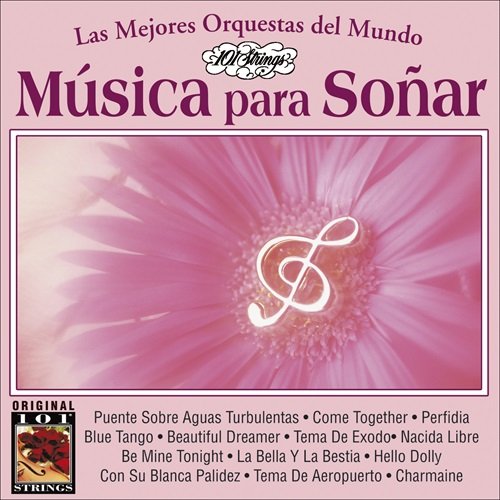
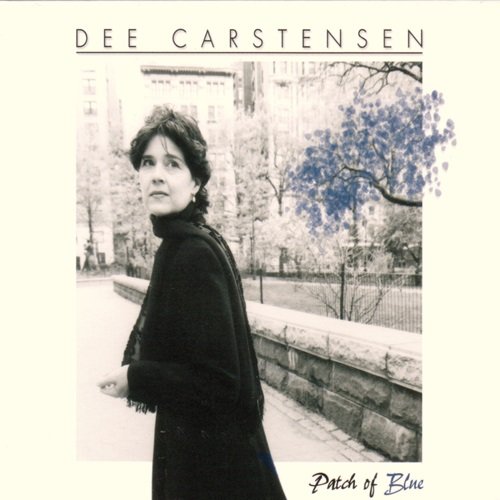
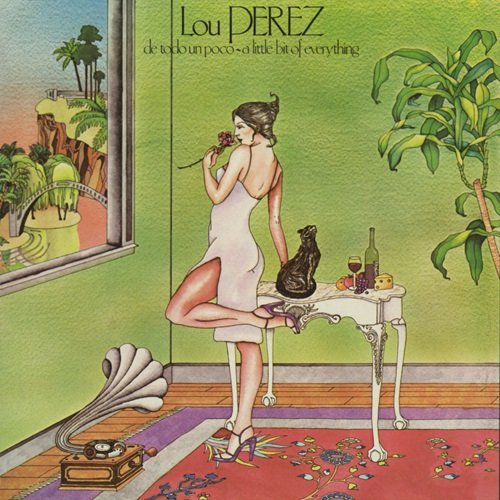
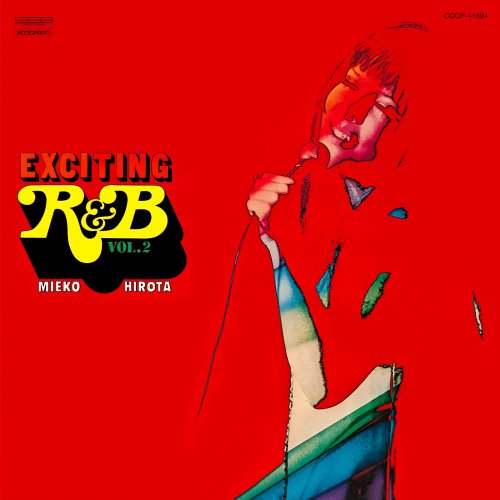
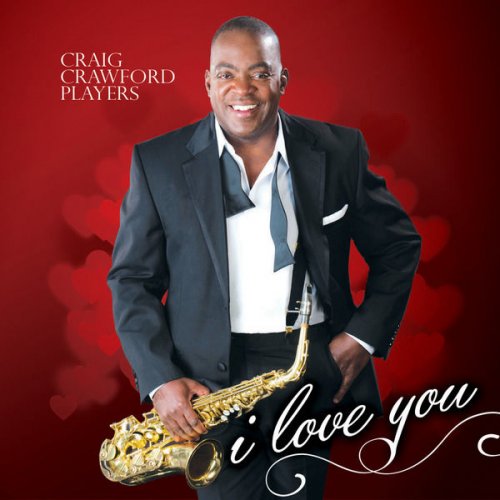
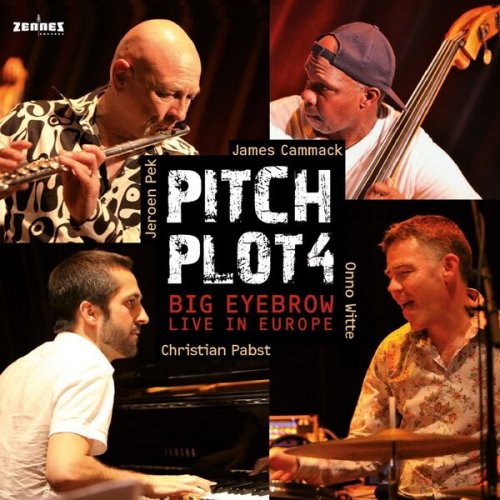
![McCoy Mrubata - Children On The Frontline (2026) [Hi-Res] McCoy Mrubata - Children On The Frontline (2026) [Hi-Res]](https://www.dibpic.com/uploads/posts/2026-02/1770560394_cover.jpg)
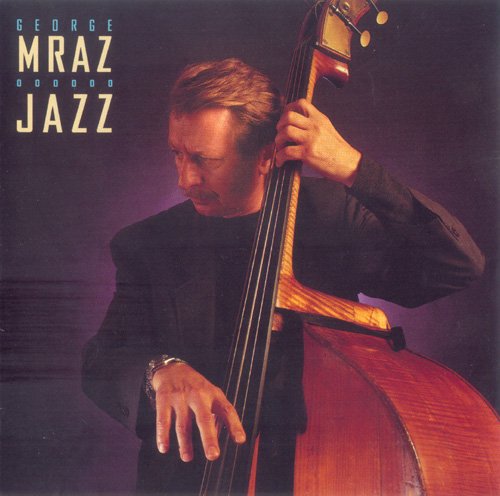
![Andreas Røysum Ensemble - Andreas Røysum Ensemble with Marvin Tate (2025) [Hi-Res] Andreas Røysum Ensemble - Andreas Røysum Ensemble with Marvin Tate (2025) [Hi-Res]](https://img.israbox.com/img/2026-02/09/ykeodm7hf0rcmt815qdtlvyfd.jpg)